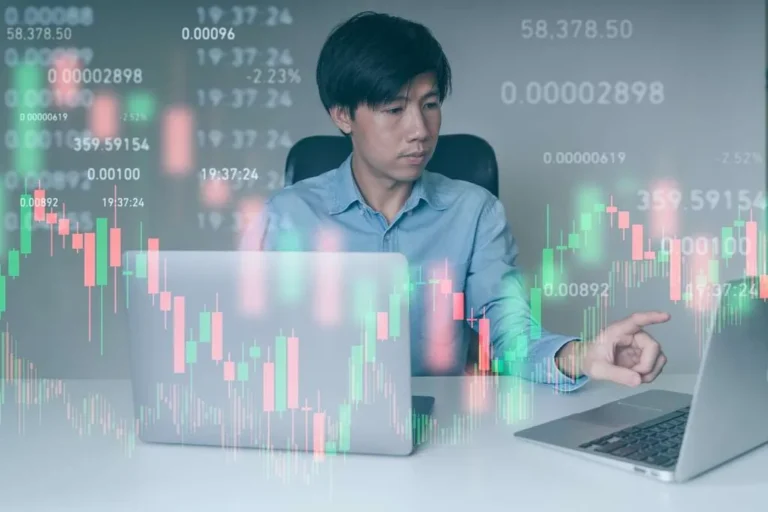Content
IG International Limited is licensed to conduct investment business and digital asset business by the Bermuda Monetary Authority. Discover why so many clients choose us, and what makes us a world-leading provider of CFDs. Discover the range of markets and learn how they work – with IG Academy’s online https://www.xcritical.com/ course.
What is the hybrid model in forex brokers?
- They also offer highly trained and credentialed professional brokers and financial advisers to advise their clients on money matters.
- Understanding this distinction is crucial when exploring how insurance brokers make money.
- Deposit and withdrawal fees are charges that some brokers levy on traders when they fund or remove money from their trading accounts.
- Still, removing commissions from your stock transactions amounts to money saved.
- Nevertheless, many old school brokerages will still make a lot of money from commissions.
The size of the fees should be dependent on the amount of work or expertise required to complete transactions for buyers and sellers. Brokers act as the middleman in many types of difference between brokerage fee and commission business or financial transactions. Some types of brokers must get a license to practice the profession, such as real estate brokers and stockbrokers. However, as a small-business owner, you may find other brokerage type opportunities in your chosen industry. A broker brings together buyers and sellers and gets a portion of the proceeds when the two sides make a deal. CFD brokers earn money in a myriad of different ways, and they are constantly finding innovative and new methods of driving revenue.

Commission-Free Trading Explained – How do brokers make money with no fees?
In summary, real estate brokerages make money by earning commissions from their agents’ sales and from their own deals. They also make money by charging fees to their agents or by receiving referral fees from other professionals. The amount of money they make depends on various factors, such as market conditions, negotiation skills, commission splits, business expenses, and number of transactions.
How Zero Commission Brokers Make Money The Trading Floor
If the listing agent gets 60% and the listing broker gets 40%, they will receive $9,000 and $6,000 respectively. If the buyer’s agent gets 70% and the buyer’s broker gets 30%, they will receive $10,500 and $4,500 respectively. Stack Exchange network consists of 183 Q&A communities including Stack Overflow, the largest, most trusted online community for developers to learn, share their knowledge, and build their careers. Trading against client (B-Book) can be considered a type of method in its own right, as it concerns the broker’s risk management structure itself. As an example, when Robinhood pioneered commission-free trading, big established brokers quickly followed suit. It is not thanks to the generous nature of brokerage companies (because they are not generous), but because of the competition among them to obtain customers.

Independent vs. Captive Brokerage
If you encounter a technical issue with your account or have a question about a trade, you may have to wait longer for assistance or receive a less thorough response. Same-day and international bank transfers will also result in additional fees, and so will any telephonic dealing. Fidelity’s screening and research capabilities are superior to the crowd and contribute to its Best Overall Brokerage and Trading Account Investopedia win.
They are required to hold to the fiduciary standard, meaning that they must recommend investments that are in the client’s best interest. Access to an advisor comes with a fee, typically 0.25% to 0.50% of AUM per year. The introduction of the first discount brokerage is often attributed to Charles Schwab Corp., whose website publicly debuted in 1996. Adam Hayes, Ph.D., CFA, is a financial writer with 15+ years Wall Street experience as a derivatives trader. Besides his extensive derivative trading expertise, Adam is an expert in economics and behavioral finance.
If you are still convinced that brokerages companies have a fail-proof model to profit (which they don’t), you are in luck. Before you cry evil market makers and hedge funds, it is important to note that the amount of money they can scrape off each trade is extremely minimal. In contrast, idle cash balances also offer brokerages the opportunity, as with banks, to make money on those reserves.
This means that your position will close when it reaches the price you’ve selected. Overnight fees are most common if you’re trading using leveraged products, like CFDs. If you choose to trade with us, you’ll only incur overnight fees on spot trades, and not on futures contracts – although these will have a larger spread. Such monetary outgo could be substantial depending on the scale of the trade. Therefore, several investors use a brokerage calculator to expedite the cost analysis.
It begs the question of how zero commission brokers actually make money. A spread is a difference between the bid price and the ask price for the trade. The bid price is the price you will receive for selling a currency, while the ask price is the price you will have to pay for buying a currency. The difference between the bid and ask price is the fee a broker collects for executing a trade.
These brokers make money by providing their service at the highest possible level and saving their customers money. This, in turn, gives brokers the wiggle room needed to remain profitable. Net margin provides freight brokerages a way to measure their overall financial performance and make adjustments accordingly. There is an ongoing debate about the ethics of the B-Book model in forex trading. It’s important to clarify that the B-Book model itself is not unethical. However, the potential for a conflict of interest exists because B-Book brokers profit directly from client losses.
Everyone who buys or sells a financial asset pays for liquidity; the ability to quickly and definitively close a transaction at a particular agreed upon price. Houses are notably low in liquidity and that liquidity is extremely expensive; it takes months of work to sell them and the gap between natural buyers and natural sellers is very high. Publicly listed large cap US equities have extremely good liquidity; the bid/ask spread is extremely narrow and you can buy or sell, by retail investor standards, any amount at either price. The word “borrow” is important and often glossed over in this explanation. Those are all different ways of looking at reality, and are mostly true. In some cases, brokers also provide advice on which stocks you should buy and sell.
The answer to this question can sometimes seem like it’s simply not for you to know. Let’s say someone deposits $30,000 into an account and is given power to purchase $60,000 worth of securities. Commissions are the lowest they have ever been, fees have been reduced, and data has been improved.
The more that commission revenues fell, the more urgent it became to find new pipelines to offset sales drops. This created the necessity of three general sources of revenue aside from commissions. The ease and low cost of commission-free trading tempt beginners to trade more frequently than necessary, leading to higher trading costs and potential losses. These may include access to advanced trading tools, research reports, and educational resources.
It’s also about seamless integration with critical, no-fee banking features, and industry-leading insurance. In these areas, Fidelity’s cash management offering is unmatched, and it all comes with reimbursable access to a global network of ATMs. With data updating in real time, the Fidelity platform is among the strongest platforms for active traders. Most investors will find what they need, although futures and commodity traders should look elsewhere. For occasional traders and those keeping track of their assets, placing basic trades, reading news, depositing checks, and watching markets, the mobile app is fine. If you’re seeking a full-service and comprehensive trading experience, the Fidelity desktop or Active Trader Pro are suggested.
They will make money from brokerage as usual and also from the interest they charge you for lending you the money for you to buy your shares on margin. In other words you will be paying interest on the $30,000 you borrowed from your broker. Filippo Ucchino is the founder and CEO of the brand InvestinGoal and the owning company 2FC Financial Srl. He became an expert in financial technology and began offering advice in online trading, investing, and Fintech to friends and family.




